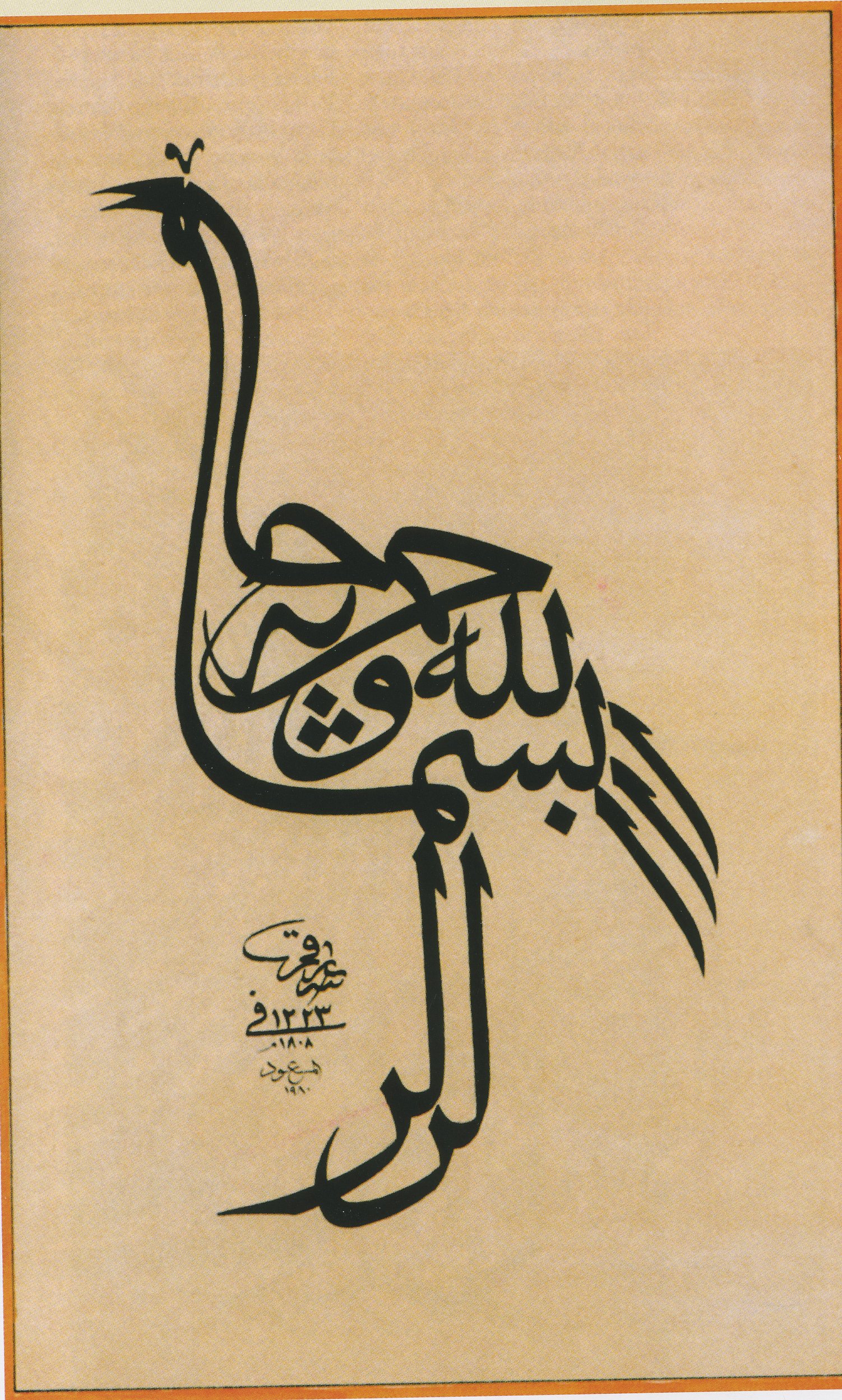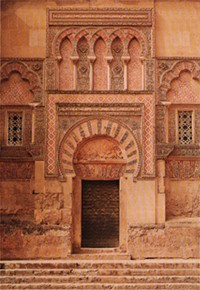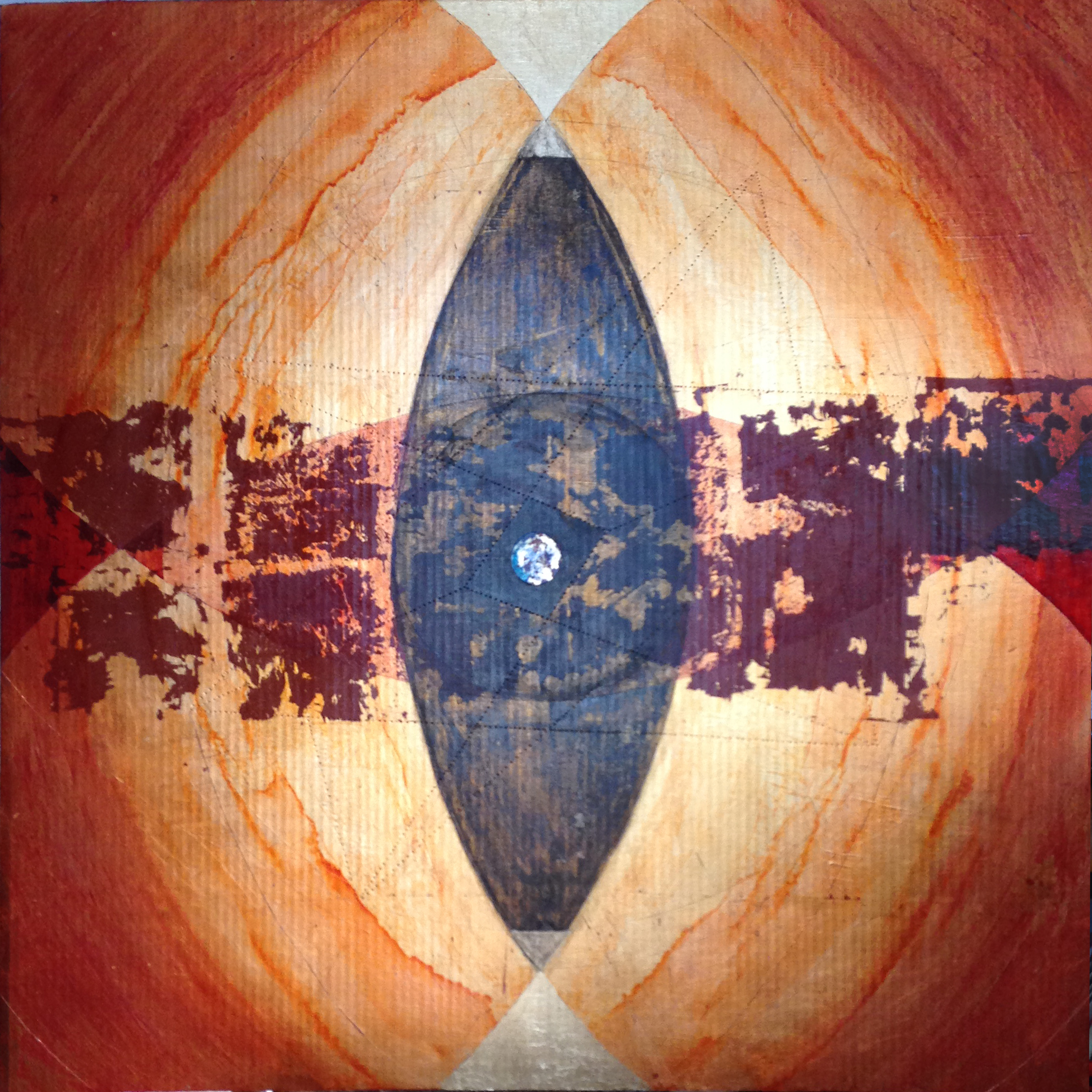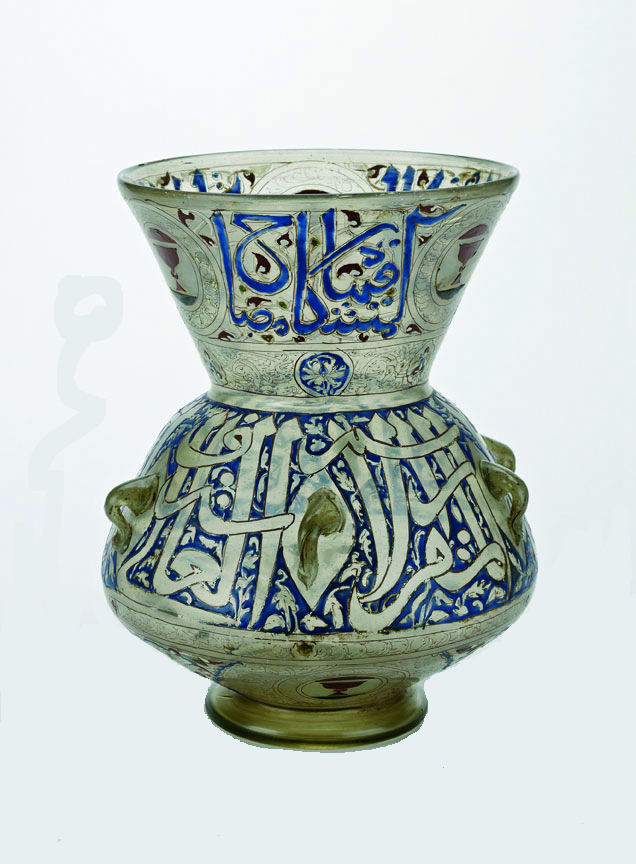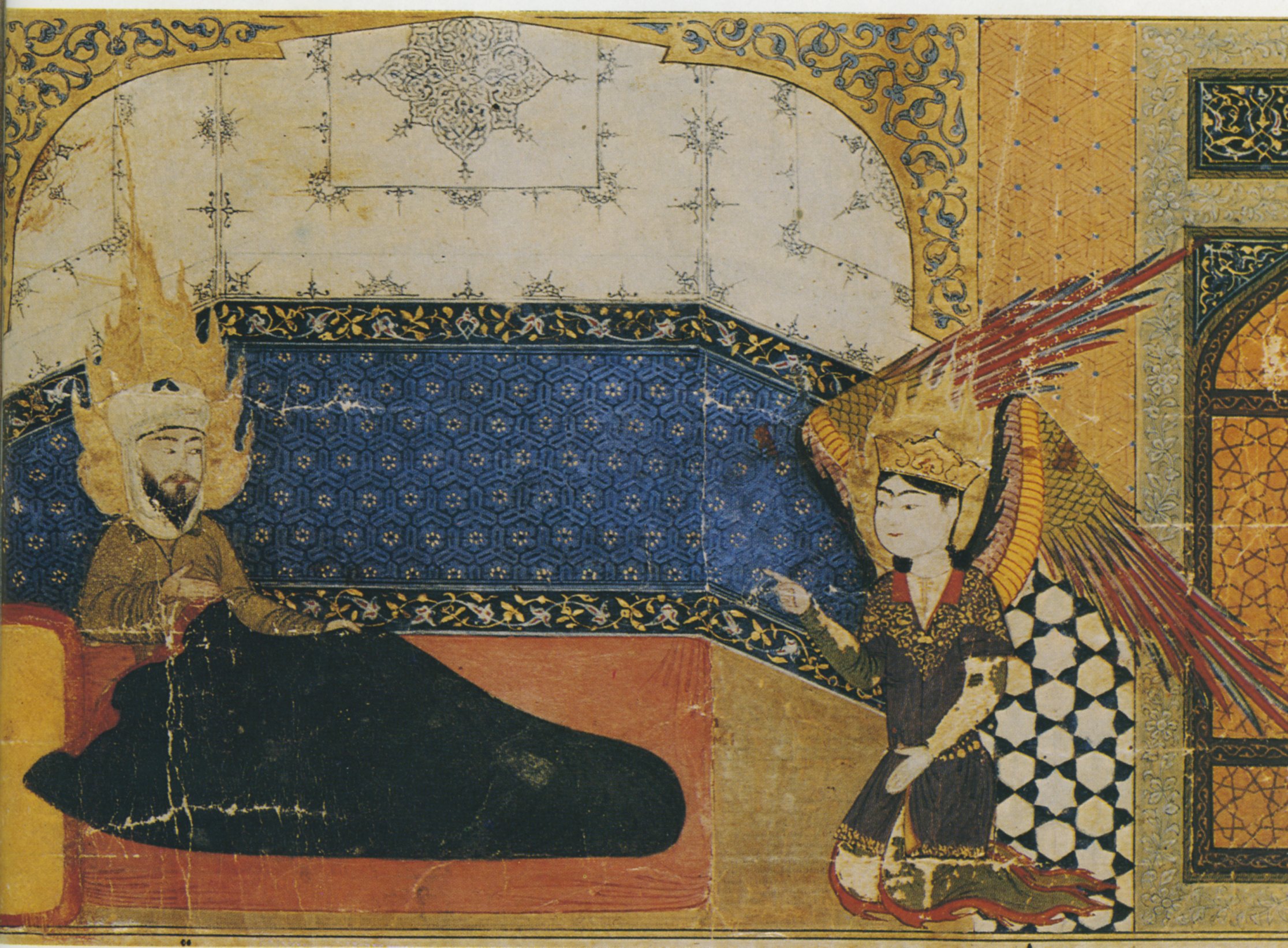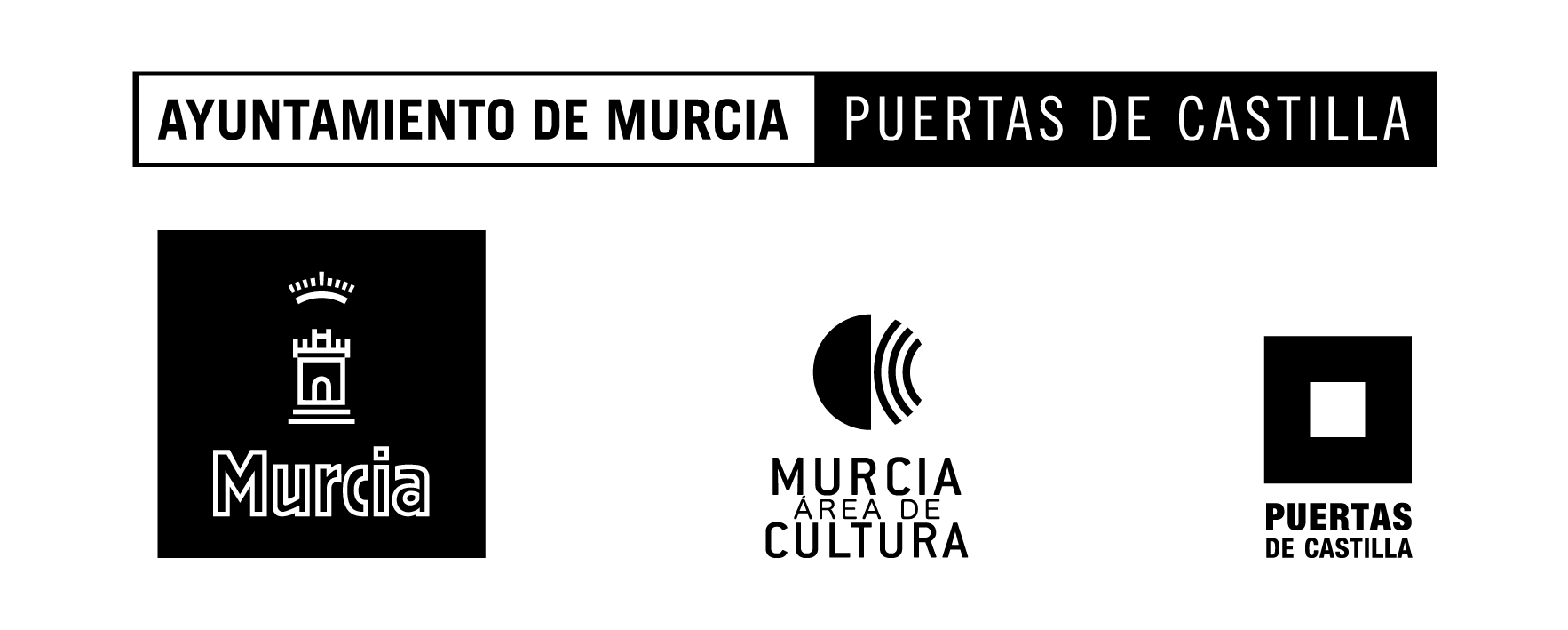III SIMPOSIO INTERNACIONAL IBN ARABI DE MURCIA
III SIMPOSIO INTERNACIONAL IBN ARABI DE MURCIA:
LA RAZÓN INSPIRADA Y EL CAMINO DEL CORAZÓN
(HOMENAJE A MARÍA ZAMBRANO)
Informe posterior de Rosa Mascarell
III INTERNATIONAL SYMPOSIUM IBN ARABI OF MURCIA:
INSPIRED REASON AND THE PATH OF THE HEART
(IN TRIBUTE TO MARÍA ZAMBRANO)
Murcia, 7-9de marzo de2014 / 7-9 March 2014
Ficha de inscripción / Registration form
Datos de los ponentes y premiados y resumen de sus conferencias
CV of the speakers and abstracts of their papers
SEDES / VENUES
MUSEO ARQUEOLÓGICO DE MURCIA (Gran Vía Alfonso X el Sabio 7, Murcia)
FILMOTECA REGIONAL DE MURCIA (Plaza Fontes, s/n, Murcia)
CENTRO PUERTAS DE CASTILLA (Av. Miguel de Cervantes 1, Murcia)
PRESENTACIÓN
Este tercer simposio organizado por MIAS-Latina (Muhyiddin Ibn Arabi Society-Latina) y el Centro Cultural Puertas de Castilla de Murcia (sede de MIAS-Latina) en el marco del IBAFF, abordará dos temas centrales e íntimamente relacionados tanto en el pensamiento de Ibn Arabi (1165-1240), como en el de María Zambrano (1904-1991): por un lado, la inspiración y sus diversas modalidades, y por otro, el corazón “capaz de adoptar todas las formas” como vía fundamental, órgano y función del conocimiento y la realización interior.
María Zambrano, la gran pensadora española del siglo XX, valoró enormemente el legado de Ibn Arabi, trasmitiendo su aprecio por la obra del maestro andalusí a su entorno y a sus allegados, intelectuales y creadores que se han hecho eco en sus obras de la apertura de Zambrano al pensamiento de este murciano universal.
Este III Simposio Internacional Ibn Arabi, homenaje a la autora y a su receptividad al pensamiento de diversas tradiciones espirituales, integrará así la razón poética y el logos sumergido de Zambrano con la inspiración y la relación entre Intelecto e Imaginación creadora en Ibn Arabi, profundizando en el estudio de las confluencias que revela la lectura comparada de ambos autores.
El simposio reúne con esa intención a diez de los más destacados conocedores del sufismo de Ibn Arabi y de la obra de María Zambrano -incluyendo a varios de sus íntimos allegados- que abordarán los temas propuestos desde perspectivas y campos diversos (literatura, filosofía, cine, psicología…).
En el marco del simposio se hará entrega de los Premios Ibn Arabi (IBAFF/MIAS-Latina): el Premio Taryumán 2014, otorgado al profesor James Winston Morris (EE.UU.) por su trayectoria investigadora y su contribución al estudio de Ibn Arabi, y el Premio Barzaj 2014, otorgado al cineasta Nacer Khemir (Túnez), en reconocimiento a la calidad estética del conjunto de su producción, inspirada en temas y fuentes afines al pensamiento de Ibn Arabi, y en particular a su película En busca de Muhyiddin, que se proyectará por vez primera en España como clausura del simposio.
Como en simposios anteriores, este encuentro del 2014 quiere nuevamente poner de relieve la actualidad de la obra de Ibn Arabi, con cuyo pensamiento inspirador María Zambrano supo dialogar de modo tan fecundo.
Pablo Beneito
PRESENTATION
This third symposium organized by MIAS-Latina (Muhyiddin Ibn Arabi Society-Latina) and the Puertas de Castilla Cultural Centre (headquarters of MIAS-Latina) as part of the Ibn Arabi Film Festival (IBAFF), will focus on two intimately related central themes in the thought of both Ibn Arabi and María Zambrano (1904-1991): firstly, inspiration and its various forms, and secondly, the heart which is “able to adopt any form" as the fundamental way, organ and function of knowledge and inner realization.
María Zambrano, the great Spanish thinker of the 20th century, held Ibn Arabi’s legacy in high esteem, and transmitted her appreciation of the work of the Andalusian master to those around her - intellectuals and artists whose works subsequently reflected the influence that the universal thinker from Murcia had on Zambrano’s writings.
The III Ibn Arabi International Symposium pays homage to Zambrano and her receptivity to the thought of diverse spiritual traditions. It will integrate Zambrano’s poetic reason and submerged logos with the relationship between intellect, inspiration and “creative imagination” in Ibn Arabi’s work, as well as studying in depth the confluences and correspondences revealed by a comparative reading of the two authors.
With that intention, the symposium brings together ten of the most outstanding experts on the work of Ibn Arabi and Maria Zambrano -including several of her close associates-, who will address the proposed themes from different perspectives and fields (literature, philosophy, cinema, psychology...).
As part of the symposium activities, the Ibn Arabi Awards ( IBAFF / MIAS-Latina) will be presented this year to Professor James Winston Morris (USA), Tarjuman Prize 2014, for his research career and his contribution to the study of Ibn Arabi, and to the filmmaker Nacer Khemir (Tunisia), Barzakh Prize 2014, in recognition of the aesthetic quality of the entirety of his work, which is often inspired by motifs and sources connected to Ibn Arabi, and in particular for his film Looking for Muhyiddin, to be screened for the first time in Spain at the closing of the symposium.
As in previous years, the 2014 symposium will emphasize the current relevance of the work of Ibn Arabi, whose illuminating thought inspired María Zambrano to enter into such a fruitful dialogue.
Pablo Beneito
PROGRAMA / PROGRAM
7-9MARZO2013 / 7th-9th March 2014
VIERNES7DEMARZO / FRIDAY, 7th MARCH
LUGAR: MUSEO ARQUEOLÓGICO DE MURCIA
VENUE: THE ARCHAEOLOGICAL MUSEUM, MURCIA
MAÑANA / MORNING
10:30 Acogida y entrega de documentación / Registration.
11:00Apertura del Simposio a cargo de Pablo Beneito y Jesús De la Peña.
Opening of the Symposium by Pablo Beneito and Jesús De la Peña.
Conferencia / Lecture
Presenta y modera / Chair: Teresa Aizpún Bobadilla (Universidad Rey Juan Carlos, Madrid).
11:30 Francisco Martínez Albarracín (Caravaca, MIAS-Latina):
El fruto de la razón inspirada / The fruit of inspired reason.
12:15 Debate / Discussion.
12:30 Pausa y café / Coffee break.
Conferencia / Lecture
Presenta y modera / Chair: Alfonso Carmona (Catedrático de Estudios Árabes, Universidad de Murcia / Professor of Arabic Studies, UMU).
13:00 Amina González (MIAS-Latina, UMU):
El corazón reflexivo, intérprete del Libro de la existencia.
The reflective heart, interpreter of the Book of Existence.
13:45-14:00 Debate / Discussion.
TARDE / EVENING
Conferencia / Lecture
Presenta y modera / Chair: Antoni Gonzalo Carbó (Universidad de Barcelona).
17:00 Carmen Piñas Saura (Cartagena, MIAS-Latina):
Gestación de la razón inspirada: agnosia infinita.
Gestation of inspired reason: infinite agnosia.
17:45 Debate.
18:00 Pausa /Café // Break / Coffee.
Conferencia / Lecture
Presenta y modera / Chair: Francisco Martínez (MIAS-Latina).
18:30 Fernando Mora Zahonero (escritor / writer, Valencia):
El mundo como Maestro: la santidad natural de los seres y la paradójica situación del hombre. / The world as a Teacher: the natural sanctity of beings and the paradox of the human condition.
19:15 Debate / Discussion.
19:30-20:00 Presentación del primer libro de la Colección Dragomán de MIAS-Latina / Puertas de Castilla: La esperanza habitada: Filosofía antigua y conciencia hermética, a cargo de la autora, Carmen Piñas, José Antonio Antón Pacheco y Francisco Martínez.
19:30-20:00 Presentation of the first book of MIAS-Latina / Puertas de Castilla's Colección Dragomán: La esperanza habitada: Filosofía antigua y conciencia hermética, by the author, Carmen Piñas, José Antonio Antón Pacheco and Francisco Martínez.
SÁBADO 8 DE MARZO / SATURDAY 8th MARCH
LUGAR: MUSEO ARQUEOLÓGICO DE MURCIA
VENUE: THE ARCHAEOLOGICAL MUSEUM, MURCIA
MAÑANA / MORNING
Conferencia / Lecture
Presenta y modera / Chair: Javier Lama (Sevilla, MIAS-Latina).
10:00 Marcos Fleury de Oliveira (São Paulo, Brasil):
Jung e o Islam: contribuições à diversidade religiosa.
Jung and Islam: contributions to religious diversity.
(Texto disponible en sala en español e inglés. / Text available in the conference room in Spanish and English).
10: 45 Debate / Discussion.
11:00 Presentación del primer número de El Azufre Rojo: Revista de Estudios sobre Ibn Arabi de MIAS-Latina, a cargo de Pablo Beneito y Jesús De la Peña.
11:00 Presentation of the first issue of MIAS-Latina’s journal El Azufre Rojo: Revista de Estudios sobre Ibn Arabi, by Pablo Beneito and Jesús De La Peña.
11:30 Pausa y café. / Coffee break.
Conferencia / Lecture
Presenta y modera / Chair: Rosa Mascarell (Fundación María Zambrano, artista / artist, Valencia).
12:00 Antoni Gonzalo Carbó (Universidad de Barcelona):
La ruina de la luz. Ojos que sólo en la tumba ven (A. Berg, M. Blanchot, C. Th. Dreyer, J. Tourneur, C. Vivier, M. Zambrano). / The ruin of light. Eyes that see only in the grave (A. Berg, M. Blanchot, C. Th. Dreyer, J. Tourneur, C. Vivier, M. Zambrano).
12:45 Debate.
13:00 Visita del Museo de las Claras, donde tendrá lugar la presentación del proyecto Las rutas de Ibn Arabi, a cargo de Ana López Meseguer y Mª. Ángeles Muñoz Cosme. / Visit to the Museo de las Claras, where Ana López Meseguer and Mª. Ángeles Muñoz Cosme will present the project: The routes travelled by Ibn Arabi.
TARDE / EVENING
Conferencia / Lecture
Presenta y modera / Chair: Amalia Nadal Yuste (Murcia, MIAS-Latina).
16:00 Verónica García (UCLA, Los Angeles, EE.UU.):
Zambrano y Valente: Encuentros en los claros del bosque.
Zambrano and Valente: Encounters in the forest clearings.
16:30 Debate / Discussion.
16:45 Descanso / Break.
Conferencia / Lecture
Presenta y modera / Chair: José Antonio Antón Pacheco (Universidad de Sevilla).
17:00 Jesús Moreno (Fundación María Zambrano, escritor / writer, Madrid):
Confluencia entre María Zambrano e Ibn Arabi.
Meeting-pointsbetween María Zambrano and Ibn Arabi.
17:45 Debate / Discussion.
18:00 Pausa y café / Coffee break.
Conferencia de clausura / Closing Lecture
Presenta y modera / Chair: Pablo Beneito (Universidad de Murcia, MIAS-Latina).
18:30 James W. Morris (Premio Taryumán 2014 / Tarjuman Prize 2014):
“Life Is a Dream”: Ibn Arabi on the Mysteries of Divine Cinema.
“La vida es sueño”: los misterios del Cine divino en Ibn Arabi.
(Texto disponible en sala en español y original inglés. / Text available in the conference room in English and Spanish).
19:15-19:30 Debate / Discussion.
DOMINGO 9 DE MARZO / SUNDAY 9th MARCH
LUGAR/VENUE: FILMOTECA REGIONAL DE MURCIA “FRANCISCO RABAL” (Plaza Fontes, s/n, Murcia).
10:00 Entrega de los Premios IBAFF/MIAS-Latina 2014 y clausura del III Simposio Internacional Ibn Arabi, a cargo de Jesús De la Peña y Pablo Beneito.
10:00 IBAFF/MIAS-Latina 2014 Award Ceremony and closing ceremony of the III Ibn Arabi International Symposium, by Jesús De la Peña and Pablo Beneito.
Premio Taryumán 2014, otorgado al profesor James Winston Morris (EE.UU.). Tarjuman Prize 2014, awarded to Professor James Winston Morris (USA).
Premio Barzaj 2014, otorgado al cineasta y artista plástico Nacer Khemir (Túnez). Barzakh Prize 2014, awarded to the filmmaker and artist Nacer Khemir (Tunisia).
10:30 Café y té en la recepción de la Filmoteca Regional. / Coffee and tea in the reception room.
11:00 Estreno nacional de la película de Nacer Khemir En busca de Muhyiddin (2013), sobre Ibn Arabi de Murcia y su legado (ficción-documental en diversas lenguas, con subtítulos en español), presentada por el propio director. Al término de la proyección habrá un debate abierto con Nacer Khemir.
11:00 National première of Nacer Khemir's film about Ibn Arabi, Looking for Muhyiddin (2013) (documentary-fiction in several languages, with Spanish subtitles), presented by the director himself. After the screening, open discussion with the director, Nacer Khemir.
Ficha de inscripción / Registration form
DIRECCIÓN DEL PROYECTO / PROJECT DIRECTION: Jesús De la Peña Sevilla.
DIRECCIÓN ACADÉMICA / ACADEMIC DIRECTION: Pablo Beneito.
DIRECCIÓN TÉCNICA / TECHNICAL DIRECTION: Alfredo Benito.
COORDINACIÓN DEL SIMPOSIO / COORDINATION: Elena Vecino Hens.
EXPOSICIÓN / EXHIBITION
CENTRO CULTURAL PUERTAS DE CASTILLA
NACER KHEMIR: LOS SESENTA NOMBRES DEL AMOR, 2014
Proyección continua de 5 películas de Nacer Khemir en DVD. Exposición de obras caligráficas en tela. Muestra de19 libros impresos del autor.
Con motivo de la entrega del Premio Barzaj 2014 (premio a la creación inspirada en la obra de Ibn Arabi) al internacionalmente reconocido cineasta, narrador y artista plástico tunecino Nacer Khemir, se presenta la exposición Los sesenta nombres del amor que integra tres dimensiones centrales en la trayectoria artística del creador: su labor como autor e ilustrador de libros, su obra como artista plástico y su trabajo como director de cine y documentalista.
Entre los esquimales hay sesenta palabras para nombrar la nieve. Entre los árabes hay sesenta palabras para nombrar el amor. Si se sabe que las diferentes palabras para nombrar el amor provienen del léxico del desierto, se entiende mejor la proximidad del amor y de la muerte. Cuando se pierde el camino en esta inmensa extensión del alma, también se pierde la vida. El amante en estado de desertización ya no tiene acceso a su propia fuente. Así, las palabras de amor nos hablan de perdición y abismo: el Amor como errancia absoluta.
En mi película El collar perdido de la paloma, el estudiante de caligrafía Hasan está buscando los nombres del amor. Esta búsqueda se ha convertido también en la mía, de modo que he seguido haciendo preguntas por todas partes a esos nombres que, en algunos casos, llegan a tener hasta ocho significados diferentes. Bajo su velo de silencio y olvido, se perfila una insospechada sutileza de sentimientos amorosos. De tanto preguntarles por sus sentidos, he llegado a encontrarme a mí mismo repitiéndolos, como las palabras que salmodian los derviches mientras desgranan sin fin las cuentas de sus rosarios. Al no tener rosario, cogí mi pincel. Así la palabra salmodiada se transformó en caligrafía.
Con la caligrafía sobrevino la necesidad de recurrir a la tintura. El arte de la tintura caligráfíca está presente en la memoria de China, de Japón y del Tíbet, así como en la memoria de la Arabia preislámica, donde se colgaban tapices con poemas caligráficos en letras de oro alrededor de la Kaaba. Las tinturas entretejen palabras y signos, repetidos sobre índigo hasta el infinito, a la par desierto y mortaja, letanías modeladas por la mano y salmodiadas por el corazón.
Nacer Khemir
NACER KHEMIR: THE SIXTY NAMES OF LOVE, 2014
Continuous screenings of 5 DVD films by Nacer Khemir. Exhibition of calligraphic works on canvas. Display of 19 of his printed books.
On the occasion of the Barzakh Prize (for creative work inspired by Ibn Arabi), given this year to the internationally celebrated filmmaker and artist Nacer Khemir, Puertas de Castilla will present the exhibition The Sixty Names of Love, which integrates three central dimensions of the artist's career: his books as an author and illustrator, his work as a plastic artist, and his production as a film director and maker of documentaries.
Eskimos have sixty words to name snow. Arabs have sixty words to name love. If we know that the different words used to name love come from the dessert's lexical, we can understand in a better way how close love and death are. When we lose the way of the soul's extension immensity, we also lose life. That lover who is in a state of desertification can't have an access to his own source. Thus, words of love tell us about infatuation and abyss: Love as a complete vagrancy.
In my film The Dove's Lost Necklace, a student of calligraphy called Hasan is looking for the names of love. This searching has become mine too; so that I have kept on making questions to those names everywhere. Those names, sometimes, can have eight different meanings. Under its veil of silence and oversight, an unexpected delicacy of love feelings is being outlined. Asking them about their senses, I found myself repeating them, as the words dervishes chant while they shell the beads of their rosaries without ending. The necessity of dyeing came up with the calligraphy. As I didn't have a rosary, I took my brush. Thus, the word chanted became calligraphy.
The art of dyed calligraphy is in the memory of China, Japan, and Tibet as well as in the memory of the pre-Islamic Arabia, where tapestries filled with calligraphic poems made of golden letters used to hang around the Kaaba. Interwoven with that dying, there are words and signs, repeated till infinity, and at the same time, desert and shroud, letanies modelled by the hand and droned by the heart.
Nacer Khemir
PROGRAMA DE PROYECCIONES / SCREENING PROGRAMME
“Baba Aziz”, 96’, 2005; “El collar perdido de la paloma” / “The dove’s lost necklace”, 86’, 1991; “Los peregrinos del desierto” / “The wanderers of the desert”, 95’, 1984; “Sherezade”, 81’, 2011; “El alfabeto de mi madre” / “The alphabet of my mother”, 30’, 2008.
HORARIO DE PROYECCIÓN / SCREENING SCHEDULE
11:00 AM Los peregrinos del desierto
12:35 PM El collar perdido de la paloma
17:00 PM El alfabeto de mi madre
17:30 PM Sherezade
19:05 PM Baba Aziz
11:00 AM The wonderers of the desert
12:35 PM The dove's lost necklace
17:00 PM The alphabet of my mother
17:30 PM Sherezade
19:05 PM Baba Aziz
(Más información en la web del IBAFF. / More information available on the website of the IBAFF).
Organiza / Organised by: Centro Cultural Puertas de Castilla.
Fechas / Dates: 6-28 de marzo de 2014 / 6th-28th March 2014.
Lugar / Venue: Sala Audiovisual, Centro Cultural Puertas de Castilla.
